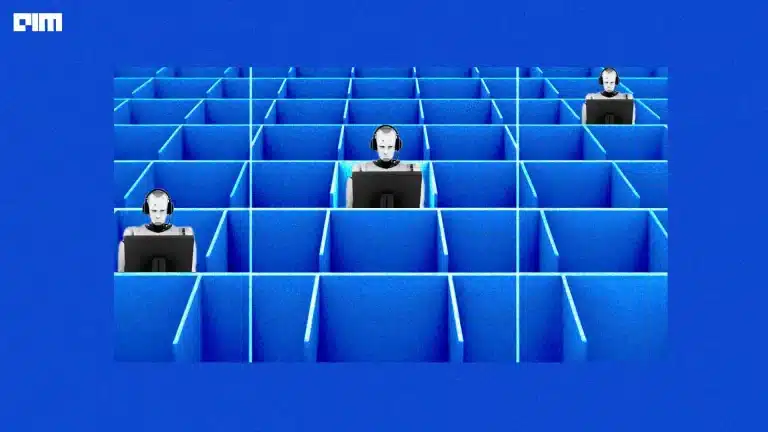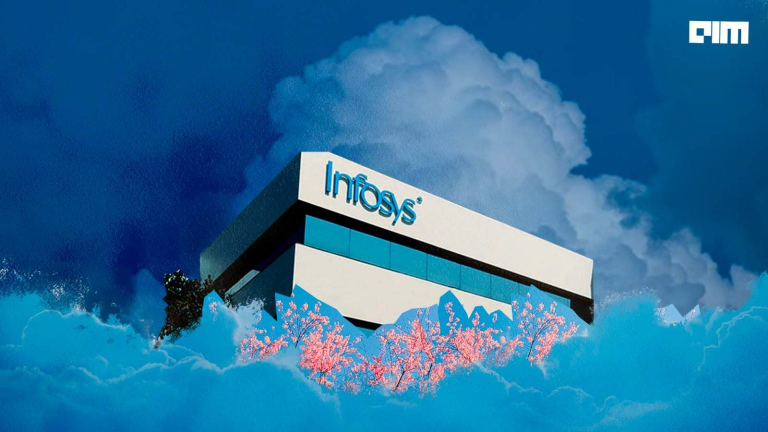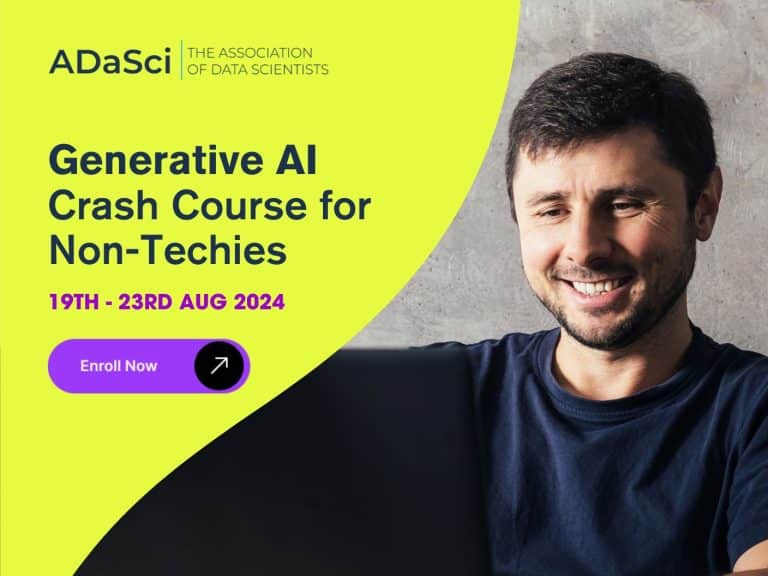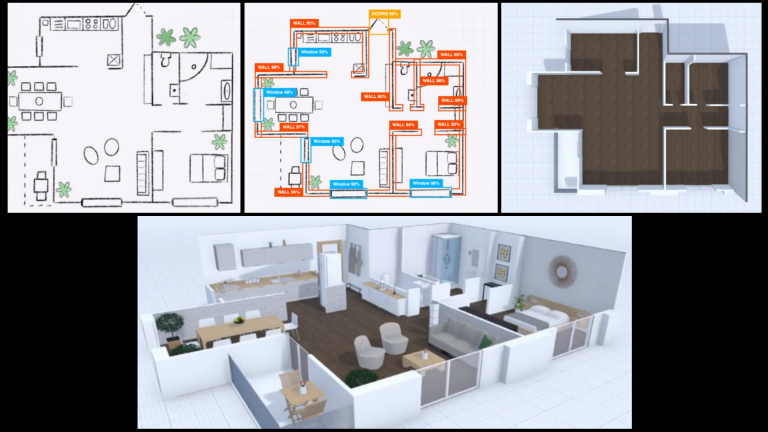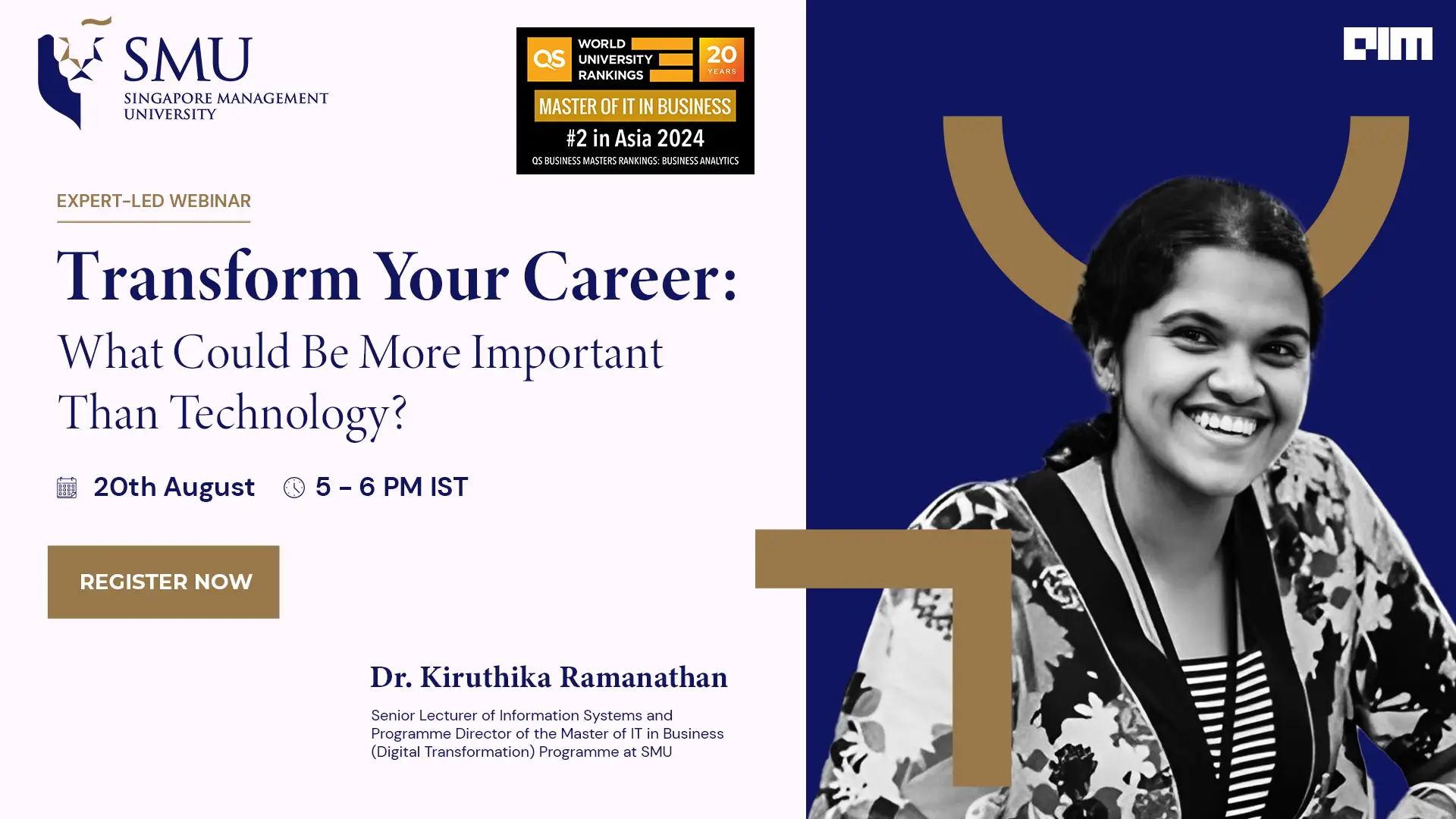Over the years, T-Hub has grown to become the largest innovation hub in the world. Since its inception in 2015, T-Hub, led by the Telangana government, has nurtured over 2000 startups.
Just last month, the Machine Learning and Artificial Intelligence Technology Hub (MATH) was established at T-Hub which aims to foster AI innovation by bridging the gap between startups, corporates, academia, investors, and governments.
In the midst of concerns about job displacement caused by AI, MATH aims to generate employment opportunities in the field of AI within the country. The initial objective is to create 500 AI-related jobs by the end of 2025.
MATH CEO Rahul Paith believes AI will likely do redundant jobs that involve repetitive and routine tasks, such as data entry, administrative work, and basic customer service roles.
“However, it’s essential to recognize that the rise of AI will also create a demand for new jobs, particularly those requiring human skills such as creativity, critical thinking, problem-solving, and emotional intelligence.
“Roles that involve working alongside AI systems, such as AI trainers, data scientists, machine learning engineers, and AI ethicists, will become increasingly prevalent,” he told AIM.
Creating 500 AI jobs
One of the primary goals of MATH besides nurturing AI startups is to create AI and AI-related jobs in the country. “Our vision is to generate over 500 AI-related jobs by 2025 and support more than 150 startups annually,” he said.
To enable this, MATH aims to foster a supportive environment for AI-first startups, providing them with resources, mentorship, and access to networks crucial for growth.
“In the first year, we are aiming to onboard over a hundred startups. These startups are AI-first, deeply involved in either building around AI, utilising AI, or contributing to the AI ecosystem,” he said.
Besides undertaking initiatives like talent development programmes, industry-academia collaborations, and targeted investment in AI research and development, MATH is launching its own job portal.
Called AI Career Finder, the platform is dedicated to nurturing and empowering the next generation of AI/ML talent. Paith said the platform is designed to serve as a central hub for connecting startups seeking top AI/ML professionals with candidates searching for exciting opportunities in the field.
By leveraging AI Career Finder, MATH aims to streamline talent acquisition and placement, thereby strengthening its efforts to catalyse job creation in the AI sector.
“Additionally, MATH has identified key sectors such as healthcare and clean tech as prime areas for AI integration and growth. By facilitating collaborations and investments in these sectors, MATH aims to amplify job opportunities within AI-related fields.”
AI Programmes
To foster AI innovation, MATH has also launched a few programmes designed to foster AI innovation in the startup ecosystem. “MATH Nuage is our pioneering initiative, through which we provide comprehensive support and guidance to aspiring entrepreneurs navigating the complex landscape of AI innovation,” Paith said.
Its key components include Virtual Partner Support, which connects startups with strategic partners for insights and resources.
“Similarly, Mentor Desk Support offers guidance from seasoned professionals, Funding Desk Support facilitates securing investment, and Access to Data Lake enables startups to access a vast collection of data for AI model development,” Paith explained.
Another flagship programme launched by MATH is called the AI Scaleup Programme, which aims to accelerate AI innovation and entrepreneurship.
“This initiative is geared towards supporting startups at the scale-up stage, providing them with the resources, mentorship, and networking opportunities needed to propel their growth and success in the AI market.”
A mini data centre
MATH has also set up a mini data centre with GPU capabilities to help AI startups with AI training and inferencing. “In comparison to constructing a complete data centre, the mini data centre (called MINI DC) offers powerful computing abilities at a much lower price.”
The data centre helps startups meet their high-performance computing (HPC) needs and is loaded with NVIDIA A100 GPUs. “The mini data centre’s infrastructure ensures efficient deployment of trained models, enabling startups to bring their AI solutions to market quickly,” Paith said.
Closing the funding gap
Along with T-Hub, MATH also assists startups in securing funding through various channels, including venture capital firms, angel investors, and government grants. “We provide support in preparing funding proposals, pitching to investors, and negotiating investment terms,” Paith said.
However, he believes investors, incubators, and government agencies must collaborate to close the funding gap and foster a risk-tolerant climate. “Investors must acknowledge the extended value proposition of deeptech startups and their capability to make a significant social and economic difference.
“Moreover, investing in specialised education and training programmes is essential to develop a strong deeptech talent pool.
“Through creating a joint ecosystem, we can enable Indian deeptech startups to flourish and emerge as global pioneers in innovation,” he said.










